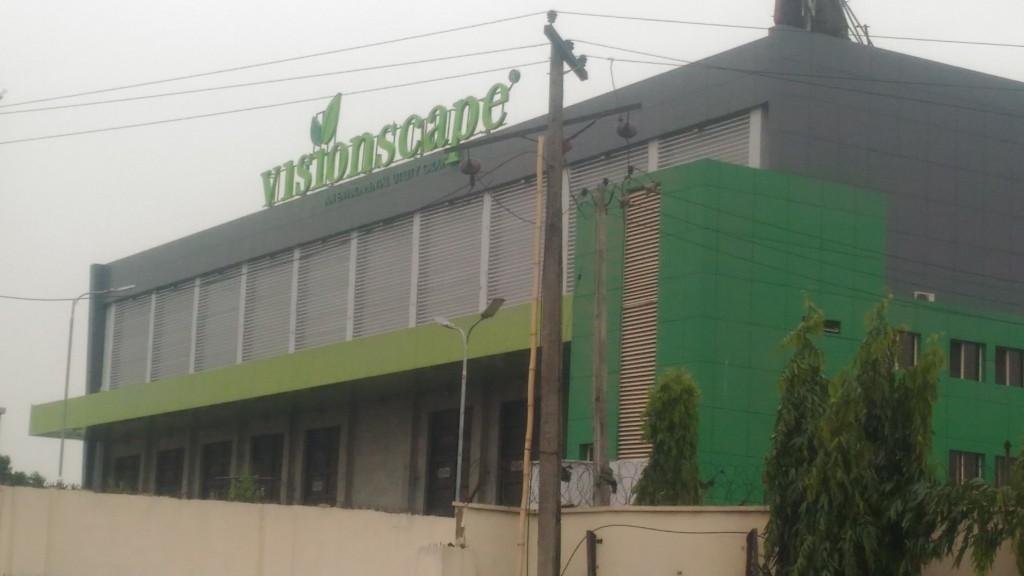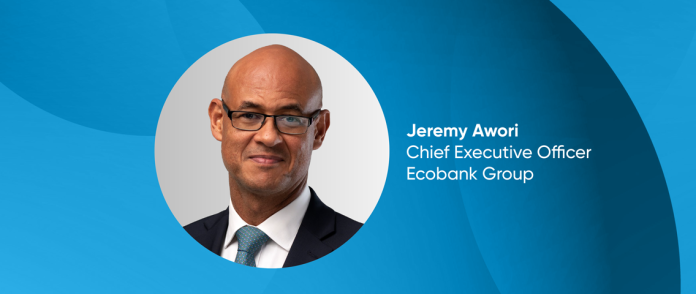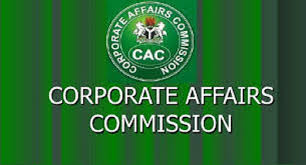One of the reasons Abacha toppled Shonekan was poor waste management in Lagos—Don
As the world mark 2018 World Environment Day today, June 5, an Associate Professor of Community Health and Medical Sociology, Crawford University, Ogun State, Oluropo Ayodele, has revealed that one of the key reasons former Head of State, Gen Sani Abacha (rtd) took over power from the Chairman of Interim National Government (ING), Chief Ernest Shonekan was the embarrassing volume of solid wastes dotting parts of Lagos State, the then nation’s capital.
In an interview, he noted that “The issue of waste management and flood control is a serious problem and it seems no government has been able to control it. In fact, there was a military coup in Nigeria that one of the reasons for taking over was waste management in Lagos; I think it was during Abacha’s regime. That is to say that historically, it has been a problem and the government has been trying but evidently, they are not succeeding”.
On how best to address the issue of waste management in the country and Lagos in particular, the Don averred that “One of the reasons I think they are not succeeding is because they are doing it through the usual civil service structure; they don’t want to be innovative and think outside the box. The idea that we are proposing is to use community-based approach to solve the problem and I didn’t just arrive at that, it was after thorough investigation and analysis, because as an academic, you have to be innovative. The civil service structure is failing because it is not innovative. So, the idea is based on empirical information that I have gathered over the years.
“One of them is that waste management and flood control ought to be tackled at the household level; and how did I arrive at that? It was based on sound research and empirical work. There were two lecturers from the Lagos State University, who did a study for the Lagos State Waste Management Authority (LAWMA) and concluded that the only way to solve the problem of waste management in Lagos is to find a way of involving the women at household level.
Ayodele noted further that “There was another study done by another lecturer for the UNFPA, the same thing she came up with that the community must be involved, particularly women. In my own study, which I did recently that involved about six communities in Lagos, including Orimedo, Lawanson and Amukoko, and sponsored by the Japanese International Cooperation Agency, I found that a lot of people were dumping their refuse by the roadside, in uncompleted buildings and the drains.
“I did the study in about six communities, which means a lot of people are doing it and I concluded that if we were to have a proper handle of waste management and flood control, we must find a way of involving the women at the household level.
“How do we involve them? That is how the community-based approach came up. It did not just come like that, it is based on what I have done before. Several years ago, when I was the country director of a USAID project, I did a project that the entry level was prevention of childhood diseases through immunisation and involving the community. We did it successfully in Lagos, Kano and Abia. It was so successful that the USAID recommended that model for other programmes in the country.
In his further insights, Prof Ayodele averred that “Now that I am growing gracefully, I feel this may be a legacy I can leave for the country, and that is setting up what I call Community Partner for Clean Environment in communities in Lagos or any city that is interested in doing it. All I just want to do is to get the communities involved in a sustainable and enduring waste management process”.
On his opinion on the current waste management system in Lagos, the University lecturer noted that “The waste management system in Lagos is a chain; there are components linked to several chains and in that case, if you don’t start well, it can never work. The best way to start is from the household and the family level, and they have neglected that and it is not their fault, it is because they don’t understand and are doing things the way they have always done it using general order. But you have to think outside the box to be able to solve the problem of garbage because it will forever occur; it is part of living. To solve it, we need to develop simple sustainable community-based initiatives not haphazard system like they are doing in Lagos State. Those will work after the communities have accepted that these are their own problems to solve”.









